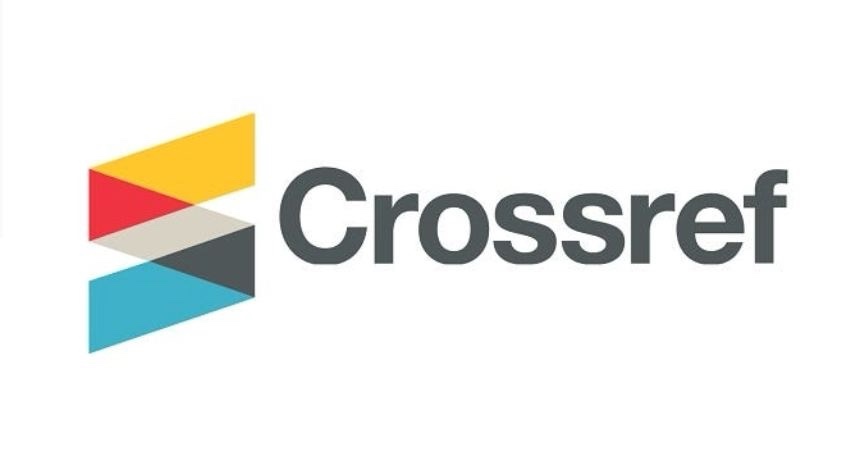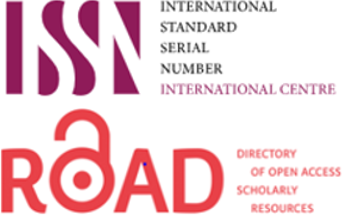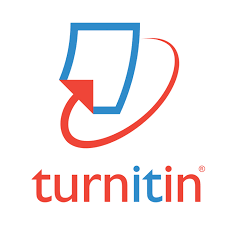Effectiveness of an education program for Caregivers Knowledge Related to Management of Children with Growth Hormone Deficiency in Outpatient Endocrine Clinics
DOI:
https://doi.org/10.58897/injns.v32i2.335Keywords:
caregivers assessment knowledge, growth hormone deficiency, management, endocrine clinics and centers.Abstract
Objectives: The study aims to assess and evaluate the caregivers knowledge about management of the children with growth hormone deficiency and to find out the relationship between caregivers kowledge and caregivers age, gender, number of individual in house hold, Date of treatment started ,Caregivers level education and economic status Methodology: Quazi expermental study design was carried out at (Child's Central Teaching Hospital, Medical City of Al Imamian Al Khadhmain Teaching Hospital, and National Centre for Treatment and Research of Diabetes,Specialized Center for Endocrine Diseases and Diabetes, and Department of Medical City Children Welfare Teaching Hospital started from novomber 6th , 2017 through july 1st , 2018 , accidental (non-probability) sample of (80) caregivers who were attending to outpatient endocrine clinics and centers.The data were collected through the use of constructed questionnaire , which consist of two parts (1) demographic characteristic (6 )items (2) caregivers knowledge which consist from 3 sections of (33 ) items .Validity of the study was determined through the panel of (16) experts and the reliability of the study questionnaire through the pilot study.Descriptive statistical and inferential analysis by using spss , version 23
Results: The findings of the study indicated that there is statistical significant difference between caregivers knowledge and their demographic characteristic except gender, level of education ,and economic status.
The study recommended that: necessary for early detection of growth hormone deficiency for children, providing special nurse in endocrine clinics and center to give high quality care for children and education for children and their caregivers about signs and symptoms of growth hormone deficiency















